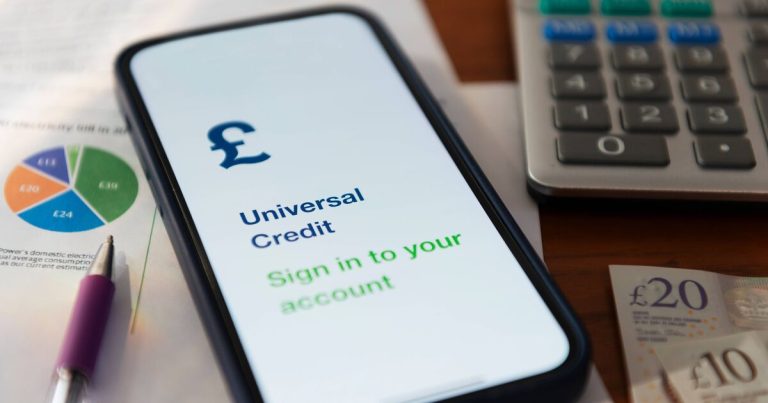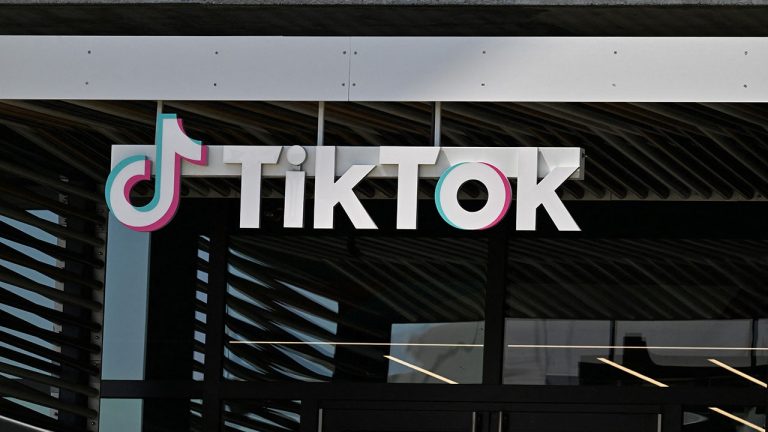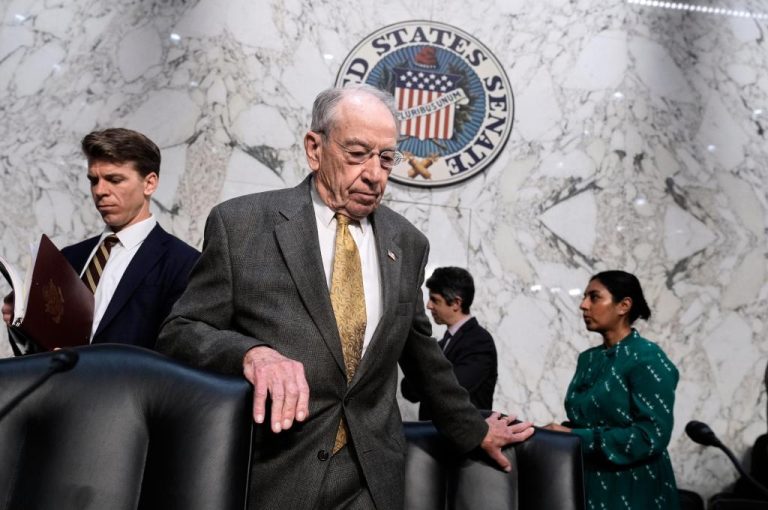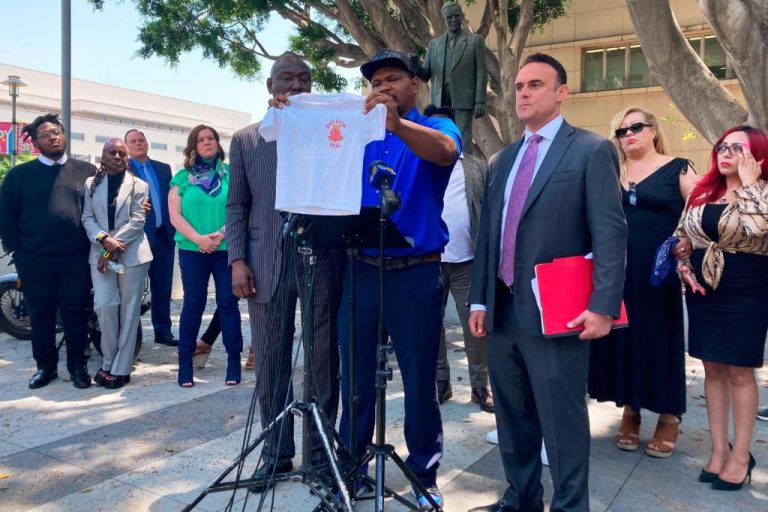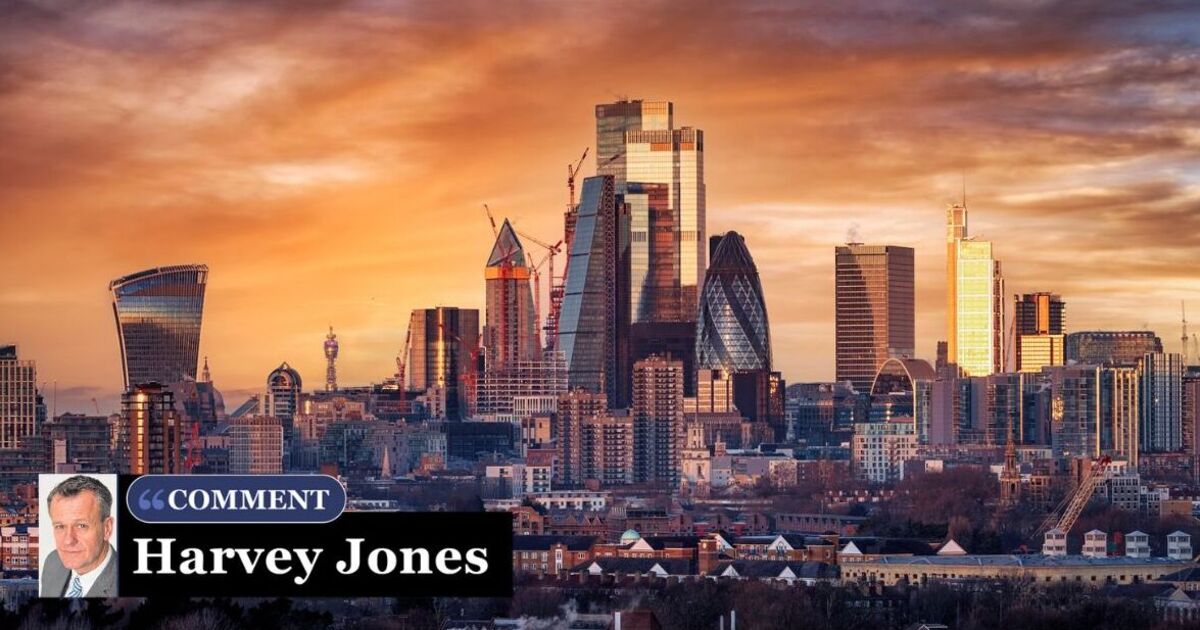
It all came crashing down when the dot-com tech stock bubble burst in March 2000, while the 9/11 terror attacks, financial crisis, pandemic and inflation shock have all taken their toll on British shares since then.
It took almost 19 years for the FTSE 100 to recapture its millennium high, which it did in 2018. Today it trades at around 7,650, a mere 10 percent higher than its 1999 peak.
By contrast, the US stock market has rocketed, especially over the last 12 years, hitting one new high after another.
Investors have made fortunes from investing in the so-called “Magnificent Seven” tech giants: Apple, Amazon, Microsoft, Facebook-owner Meta, Nvidia and Google-owner Alphabet.
By contrast, the FTSE 100 is full of old school blue-chip stocks in the banking, oil, tobacco and mining sectors, which don’t have the same punch.
They just can’t compete with the US tech titans, pioneered by world famous men such as Microsoft’s Bill Gates, the late Steve Jobs at Apple and Tesla’s ever controversial Elon Musk.
Most Britons couldn’t name a single FTSE 100 chief executive.
Worse, the UK stock market is shrinking. A decade ago it made up 10 percent of total global stock market capitalisation. Today it’s shrunk to just four percent.
Many UK firms are giving up their London listing and fleeing to the US instead where valuations are far higher.
UK tech hope ARM Holdings recently chose to list it shares in New York rather than London. The moment it did, the stock rocketed 40 percent.
The world has fallen out of love with UK shares so what can bring them back?
“The UK stock market has been a laggard on the global stage for most of the decade,” says Laith Khalaf, head of investment analysis at AJ Bell.
Over the last decade, the FTSE has returned on average 5.2 percent, compared to a total return of 12.2 percent a year across all global markets.
That’s largely due to blistering US stock performance, as Wall Street now makes up almost two thirds of total global share values.
But Khalaf says we aren’t just trailing the US over the last decade. “UK shares have also been outshone by their European and Japanese counterparts.”
However, UK stocks look cheap as a result, trading at a 10 percent discount to their long-term value.
Many investors like to buy shares when they are out of favour, in the hope of benefiting when they return to form. So this could potentially boost demand for UK shares.
Yet there is no guarantee that they will recover.
READ MORE: UK stock market’s 20-year nightmare is OVER. Now it’s set to smash US and EU
Companies listed on the FTSE 100 have another big advantage, aside from being cheap. They pay some of the most generous dividends in the world.
The index is forecast to yield dividend income of four percent this year, double the yield on the US S&P 500 index.
As investors look where to invest their £20,000 tax-free stocks and shares Isa allowance before the April 6 deadline, Khalaf said some may want to take a chance on the UK.
He has picked out the following three funds have established managers with successful track records that should do well when investors finally fall back in love with US shares again.
Liontrust UK Growth. This Isa investment fund targets UK companies with long-term, sustainable profitability. It has grown 32.3 percent over five years.
City of London Investment Trust. This long-established investment trust has raised its dividend every year and currently yields 5.2 percent. It has delivered a total return of 23.6 percent over five years.
iShares UK Equity Index. This exchange traded fund (ETF) gives investors exposure to the wider UK stock market with a rock bottom charge of just 0.05 percent a year, which means investors keep more of their returns. It is up 28.9 percent over five years.
Nobody can say for sure when the UK stock market will recover. But it may be worth investing at least some of a stocks and shares Isa in home-grown companies, ready for the day when the FTSE finally flies again.

